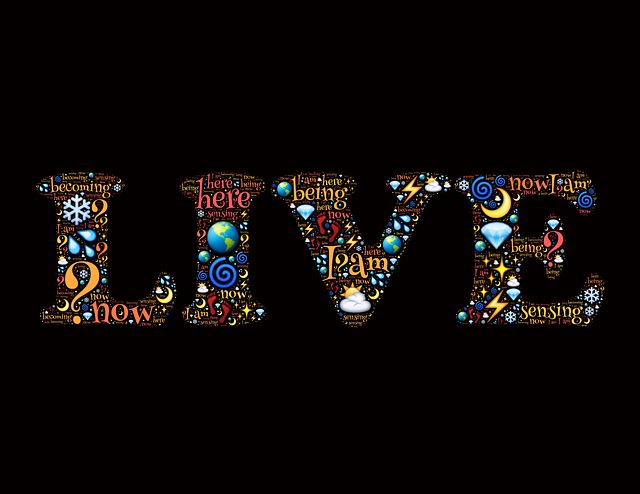Annie Robinson, in her article, How Mindfulness Can Ease the Fear of Death and Dying, asserts that there is a strong movement in the West to reengage with death, encourage open conversations about death, and to pursue choices in dying that respect the values and vision of the dying person. This is also the theme of Lucy Kalanithi’s TED talk and Paul Kalanithi’s book, When Breath Becomes Air, which he wrote while suffering from terminal cancer.
There are a number of characteristics of this movement and approach which involve dying mindfully:
Acceptance of death
Acceptance involves not only acknowledging the onset of death but all the feelings and thoughts that go with it. This includes denial, sadness, suffering, anger, fear, grief and sense of loss associated with declining mental and physical capacity as well as the ultimate separation from loved ones. It also includes accepting the loss of our old identity and an envisioned future and progressively forging a new identity and vision of dying. Mindful acceptance does not remove the suffering but can reduce the pain and fear of death.
Being attuned to sensory experience
This involves paying attention to our senses – touch, taste, sight, hearing and smell- and experiencing the sensations such as a beautiful scene or sweet-smelling flower to a heightened degree. It involves resting in these sensations while we can still experience them. Some of these sensations will be intensified as we focus on them with our waning energy. Annie suggests that being attuned to our sensory experience can develop joy and mindfulness. Jon Kabat-Zinn, author of Coming to Our Senses, has demonstrated that focused attention on our senses can alleviate pain and help us to rewrite the narrative in our heads (including the narrative of fear and depression).
Finding balance through openness to love
Remaining open to love and caring of a partner, parents, children and relatives enables the dying person to find some level of balance as they alternate between pain and joy. This requires vulnerability as their faculties decline and dependence increases; it also means that bitterness over loss on every dimension is not permitted to gain a stranglehold on emotions. In his book, Paul Kalanithi was able to talk about marriage difficulties arising from his extreme workload as a neurosurgeon resident, working from 6am to late at night, 7 days a week. His wife, Lucy, in the Epilogue to Paul’s book acknowledged that the cancer diagnosis enabled them to reinvigorate and deepen their love for each other and, in the face of Paul’s dying, “to be vulnerable, kind, generous, grateful”.
Lucy wrote about the balance that emerged through their complete acceptance and trust in each other:
Although these last few years have been wrenching and difficult – sometimes almost impossible – they have also been the most beautiful and profound of my life, requiring the daily act of holding life and death, joy and pain in balance and exploring new depths of gratitude and love (p.219)
Lucy acknowledged that as you grow in mindfulness, you can find joy amidst the pain and grief, meaning when all seems lost and a profound gratitude that engenders fortitude and courage.
By Ron Passfield – Copyright (Creative Commons license, Attribution–Non Commercial–No Derivatives)
Image source: courtesy of realworkhard on Pixabay
Disclosure: If you purchase a product through this site, I may earn a commission which will help to pay for the site, the associated Meetup group and the resources to support the blog.







